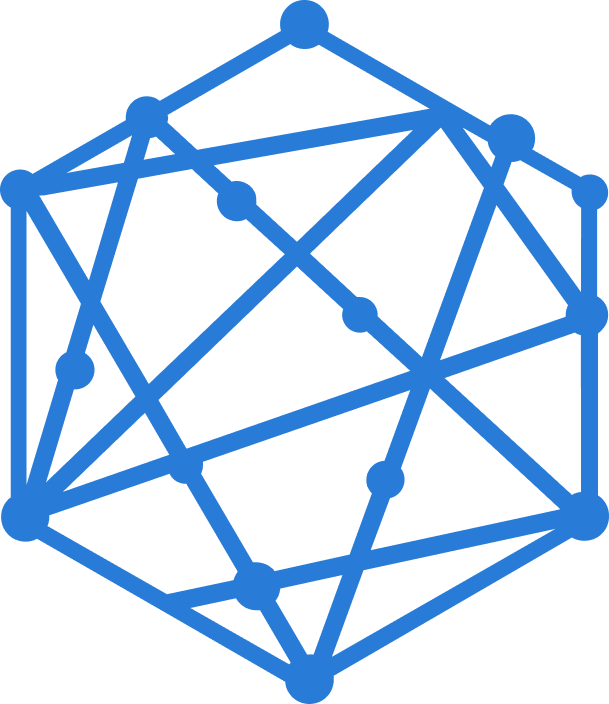
Senior Software Engineer
Strider Technologies is on a mission to deliver strategic intelligence that enables faster, more confident decision-making for organizations around the world. As the leading strategic intelligence company, Strider empowers organizations to secure and advance their technology and innovation. We leverage cutting-edge AI technology and proprietary methodologies to transform publicly available data into critical insights. These insights enable organizations to proactively address and respond to risks associated with state-sponsored intellectual property theft, targeted talent acquisition, and supply chain vulnerabilities.
Job Description:
Strider is revolutionizing the way companies, universities, research institutions, and government agencies protect their innovation and compete in a new era of global strategic competition. Our trailblazing technology and intelligence solutions enable clients to proactively identify, manage, and respond to foreign government directed IP theft and supply chain vulnerabilities. We are a data company. We have billions of documents online and are collecting millions of new documents each day. The Data Engineering team is responsible for building structured data assets from these raw documents to build new products and enhance existing ones.
If you’re ready to be part of an elite team tackling some of the most pressing security and technology challenges, let’s talk.
Responsibilities for this role:
- Develop large scale data processing pipelines
- Create data assets from unstructured data
- Build and support internal and external facing APIs
- Author design documents
- Mentor teammates
- Drive software engineering best practices
- Participate in code reviews
- Collaborate with a talented cross-functional team of engineers, data scientists and subject-matter experts
You are a good fit for this role if you:
- Have 4-5+ years of software engineering experience
- Previous experience working in a data heavy role
- Understand how to use cloud infrastructure effectively
- Are a natural problem solver with an affinity for data
- Are opinionated about how software is built
- Are proficient at breaking down large, sometimes ambiguous, problems into well-defined tasks
- Value shipping code early and often
- Have a well-honed mental model for how software systems execute and interact
Technologies we use:
- Python
- Elasticsearch
- Memgraph
- Flyte
- AWS (EC2, S3, SQS, DynamoDB, Lambda, EKS)
Benefits
- Competitive Compensation
- Company Equity Options
- Flexible PTO
- Wellness Reimbursement
- US Holidays (Office Closed)
- Paid Parental Leave
- Comprehensive Medical, Dental, and Vision Insurance
- 401(k) Plan
Strider is an equal opportunity employer. We are committed to fostering an inclusive workplace and do not discriminate against employees or applicants based on race, color, religion, gender, national origin, age, disability, genetic information, or any other characteristic protected by applicable law. We comply with all relevant employment laws in the locations where we operate. This commitment applies to all aspects of employment, including recruitment, hiring, promotion, compensation, and professional development.
Create a Job Alert
Interested in building your career at Strider Technologies? Get future opportunities sent straight to your email.
Apply for this job
*
indicates a required field